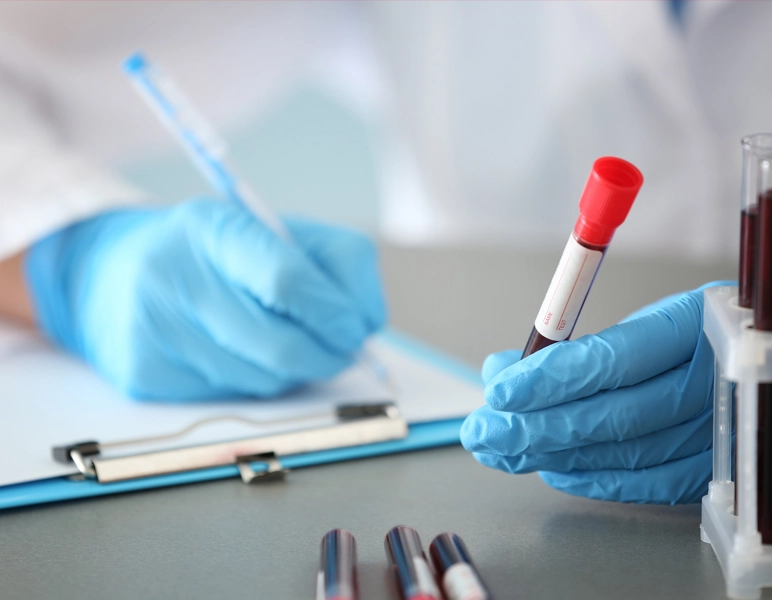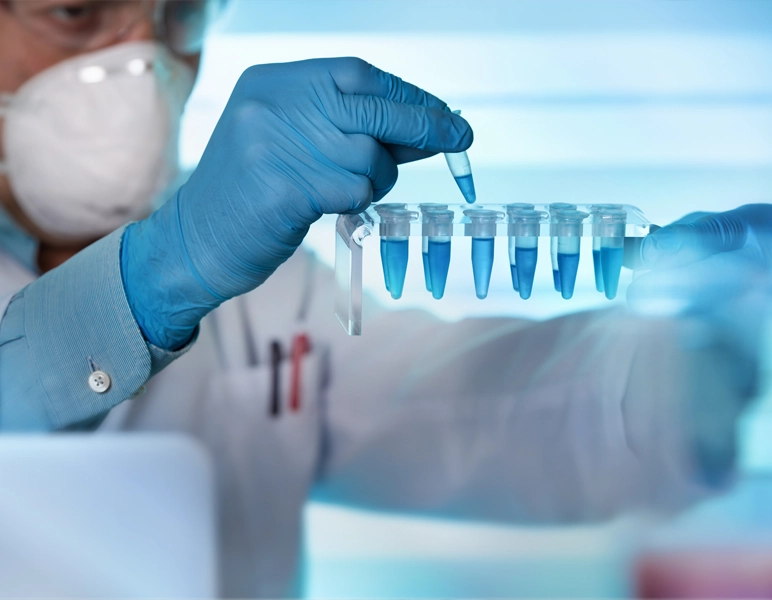

by Stephen C. Pelsue, Ph.D.
Thu, Jun 6th, 2024 12:13 pm
Molecular diagnostics has emerged as a cornerstone for disease diagnosis, treatment guidance, and patient management. The ability of molecular assays to detect genetic alterations and identify specific pathogens plays a critical role in shaping and informing healthcare decisions. Therefore, the accuracy and reliability of these tests hinge upon a crucial, yet often underappreciated, aspect: quality control.
Today’s molecular diagnostic assays rely on the understanding of intricate biological processes and cutting-edge technology. Deviations from standardized protocols or instrument malfunctions can lead to erroneous results with potentially devastating consequences.

Quality control measures act to mitigate the risk of errors and ensure the integrity of diagnostic results. These measures encompass a comprehensive strategy that safeguards every step of the testing process. The benefits of stringent quality control extend far beyond ensuring accurate test results. They also provide enhanced patient care, improved overall Public Health, reduced healthcare costs, which all contribute to improved trust in molecular diagnostics.
A robust quality control program in molecular diagnostics incorporates a multifaceted approach, to address pre-analytic, analytic, and post-analytic controls.


Molecular diagnostics will continue to embrace increased automation and the development and integration of novel technologies. Automated systems can streamline molecular procedures, minimize human error, and provide real-time monitoring of test performance and quality controls will also need to adapt to address these new challenges. Additionally, advancements in areas like bioinformatics and artificial intelligence offer exciting possibilities for data analysis and variant detection, further enhancing the efficiency and accuracy of molecular diagnostics and the need for quality controls.
Quality control, often the unsung hero in the realm of molecular diagnostics, plays an indispensable role to ensure the accuracy and reliability of molecular assays. By implementing robust QC programs, patient health is safeguarded and as the field of molecular diagnostics continues to evolve, so will quality control measures.
Stephen C. Pelsue, Ph.D. is the Manager of Discovery for Maine Molecular Quality Controls, Inc (MMQCI) in Saco, Maine. MMQCI develops and delivers high-quality nucleic acid controls for molecular diagnostics and precision medicine. Previously Stephen was the Scientific Director at BBI Solutions, a global leader in providing critical reagents and custom development for the In Vitro Diagnostic market. Prior to joining BBI Solutions, he was a Faculty member at the University of Southern Maine, in the Applied Medical Sciences Department. During his tenure there he served as Department Graduate Coordinator, Department Chair, and Associate Dean of the College of Science, Technology, and Health.
Stephen received his B.S. in Chemistry from Northland College (Ashland, WI) and Ph.D. (Biochemistry) from North Carolina State University (Raleigh, NC), followed by a post-doctoral Fellowship at The Jackson Laboratory (Bar Harbor, ME).

Stephen C. Pelsue, Ph.D.